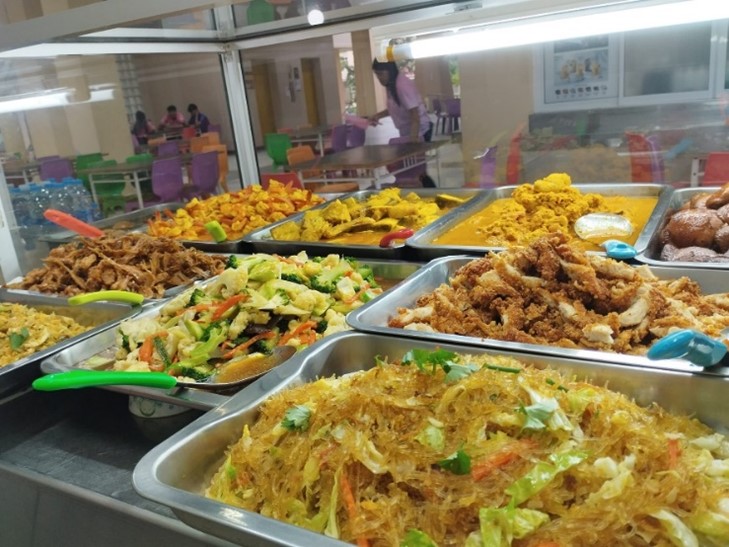Access to Food Security Knowledge (Year 2024)
Nakhon Si Thammarat Rajabhat University (NSTRU) – Promoting Knowledge and Technology for Sustainable Food Security (SDG 2)
Household food security remains a critical issue, particularly among vulnerable populations such as people with disabilities in rural areas, who face limited access to employment and agricultural resources. As a higher education institution with a mission to support local development, Nakhon Si Thammarat Rajabhat University (NSTRU) has implemented initiatives throughout 2024 to enhance food security and sustainable agriculture through scientific, technological, and agricultural innovations.
The program aims to empower local communities by providing the knowledge, skills, and technology required to achieve food self-reliance and improve the quality of processed food products for wider market acceptance.
Program Objectives
- Empower people with disabilities and local households with knowledge and skills in sustainable food production for household consumption.
- Develop integrated household models for livestock raising and crop cultivation that can be expanded within the community.
- Enhance the quality and standards of community-processed food products to achieve market and FDA acceptance.
Program Implementation and Activities
The initiative was conducted in Sa Kaeo and Klai subdistricts of Tha Sala District, Nakhon Si Thammarat Province. Workshops and training sessions were organized for people with disabilities and their families to learn practical skills in:
- Raising egg-laying chickens
- Vegetable cultivation and freshwater fish farming
- Feed management using local ingredients
- Making organic fertilizer from household waste
- Managing water quality in aquaculture systems
Participants received essential resources such as high-quality chicks, feed, vegetable seeds, and fish fingerlings to initiate home-based food production. Additionally, training on food processing, product development, and FDA certification was provided to support community-level enterprise development.
Key Results and Achievements
- Over 80 households with people with disabilities gained food production knowledge and can now produce food independently.
- Model households were established, reducing average food expenses by 20% per month.
- Formation of a “Sustainable Agriculture Learning Center for the Disabled” serving as a community development hub.
- Three processed food products were developed and certified by the Thai FDA.
- Communities earned additional income through sales of agricultural and local food products.
Integrated Impact: Economic, Social, and Environmental Dimensions
- Economic: Households reduced expenses and generated additional income from food and product sales.
- Social: People with disabilities gained new skills, self-reliance, and community recognition.
- Environmental: Promotion of local resource utilization and reduction in agricultural chemical use.
Together, these outcomes have strengthened food security and sustainability at both household and community levels.
🌾 Aligned with SDG 2: Zero Hunger
This initiative reinforces Nakhon Si Thammarat Rajabhat University’s role as a local knowledge hub, promoting food security and self-reliance for vulnerable groups through agricultural innovation, food processing, and community learning. It concretely contributes to Sustainable Development Goal 2: End hunger, achieve food security, and promote sustainable agriculture.










